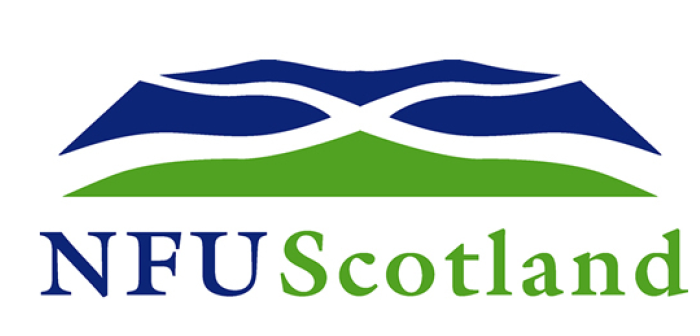The annual round of farm inspections is underway with unofficial reports suggesting failures around cattle ID and tagging are continuing at an unacceptably high level.
That will cost Scottish farmers thousands of pounds as the penalties associated with those breaches will see significant sums of money deducted from support payments.
NFU Scotland has prepared a guide on how to prepare for a cattle inspection and members are being encouraged to contact their local secretary or regional manager for a copy.
The cattle inspections are part of a wider audit requirement on Scottish Government to verify that farms claiming for various support schemes are complying with the rules. Every year, inspections must be carried out on:
• three per cent of holdings with cattle
•
• five per cent of Scottish Suckler Beef Support Scheme claimants
•
• five per cent of Scottish Suckler Beef Support Scheme claimed animals
•
There is an EU expectation that RPID will carry out these inspections unannounced.
Early reports on cattle inspections already completed suggest that there has been a worrying increase in the number of breaches, particularly around registering and tagging of calves.
Most areas are well through the inspection process but, by issuing a warning and reminder on the requirements, NFU Scotland is urging its members to make sure that tagging and registration are in order should they be next on the list for an inspection. The Union is also urging members to be proactive, and should they identify a problem, work hard with bodies like BCMS to rectify it.
NFU Scotland President, Andrew McCornick said: “Given the pressure on incomes, farmers need to be alert to what an inspection might mean for their business.
“I know it is always a challenge to keep on top of registrations and tagging but the reality is that you run the risk of potentially losing thousands of pounds if calves are found by officials on inspection to be untagged and unregistered.
“Not only do you face penalties from your basic payments but the untagged and unregistered calves could be rendered valueless and deemed unfit for the food chain because the traceability cannot be guaranteed.
“Nothing has changed in the regulations so, with inspections still to be completed, I urge all cattle keepers to take a bit of time to ensure tagging and registrations are up to speed. That would also provide the opportunity to make sure animal movement records, deaths and cattle passports – all of which will also be inspected – are correct. It will be time well spent should an inspection be called.”


